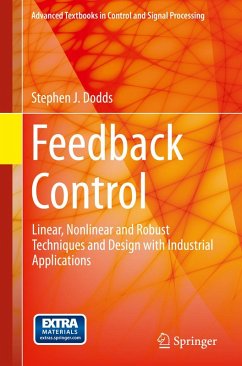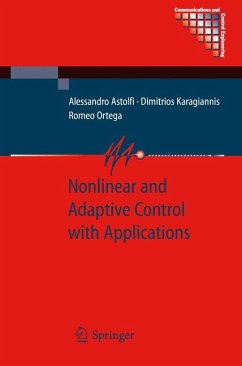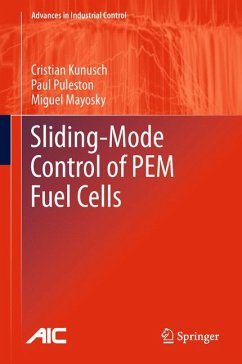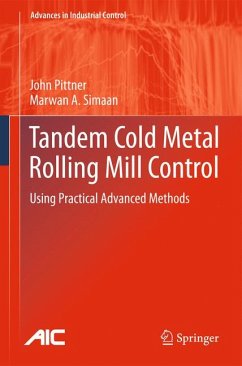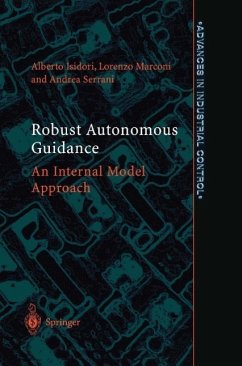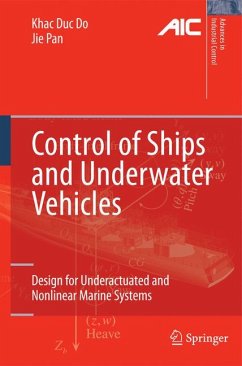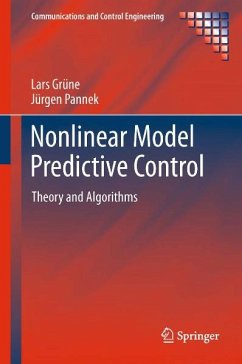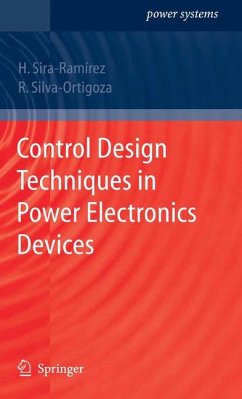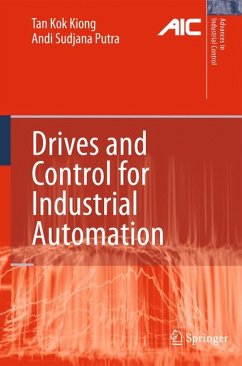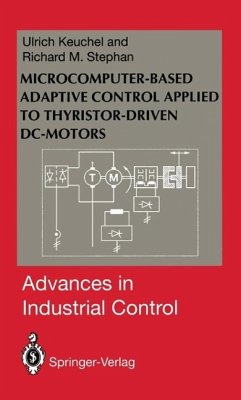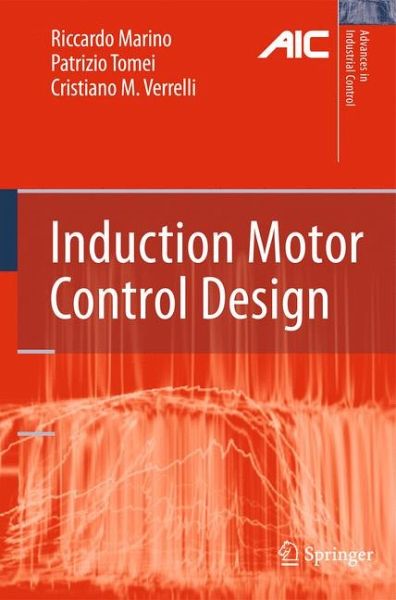
Induction Motor Control Design (eBook, PDF)
Versandkostenfrei!
Sofort per Download lieferbar
112,95 €
inkl. MwSt.
Weitere Ausgaben:

PAYBACK Punkte
56 °P sammeln!
This book provides the most important steps and concerns in the design of estimation and control algorithms for induction motors. A single notation and modern nonlinear control terminology is used to make the book accessible, although a more theoretical control viewpoint is also given. Focusing on the induction motor with, the concepts of stability and nonlinear control theory given in appendices, this book covers: speed sensorless control; design of adaptive observers and parameter estimators; a discussion of nonlinear adaptive controls containing parameter estimation algorithms; and comparat...
This book provides the most important steps and concerns in the design of estimation and control algorithms for induction motors. A single notation and modern nonlinear control terminology is used to make the book accessible, although a more theoretical control viewpoint is also given. Focusing on the induction motor with, the concepts of stability and nonlinear control theory given in appendices, this book covers: speed sensorless control; design of adaptive observers and parameter estimators; a discussion of nonlinear adaptive controls containing parameter estimation algorithms; and comparative simulations of different control algorithms. The book sets out basic assumptions, structural properties, modelling, state feedback control and estimation algorithms, then moves to more complex output feedback control algorithms, based on stator current measurements, and modelling for speed sensorless control. The induction motor exhibits many typical and unavoidable nonlinear features.
Dieser Download kann aus rechtlichen Gründen nur mit Rechnungsadresse in A, B, BG, CY, CZ, D, DK, EW, E, FIN, F, GR, HR, H, IRL, I, LT, L, LR, M, NL, PL, P, R, S, SLO, SK ausgeliefert werden.




